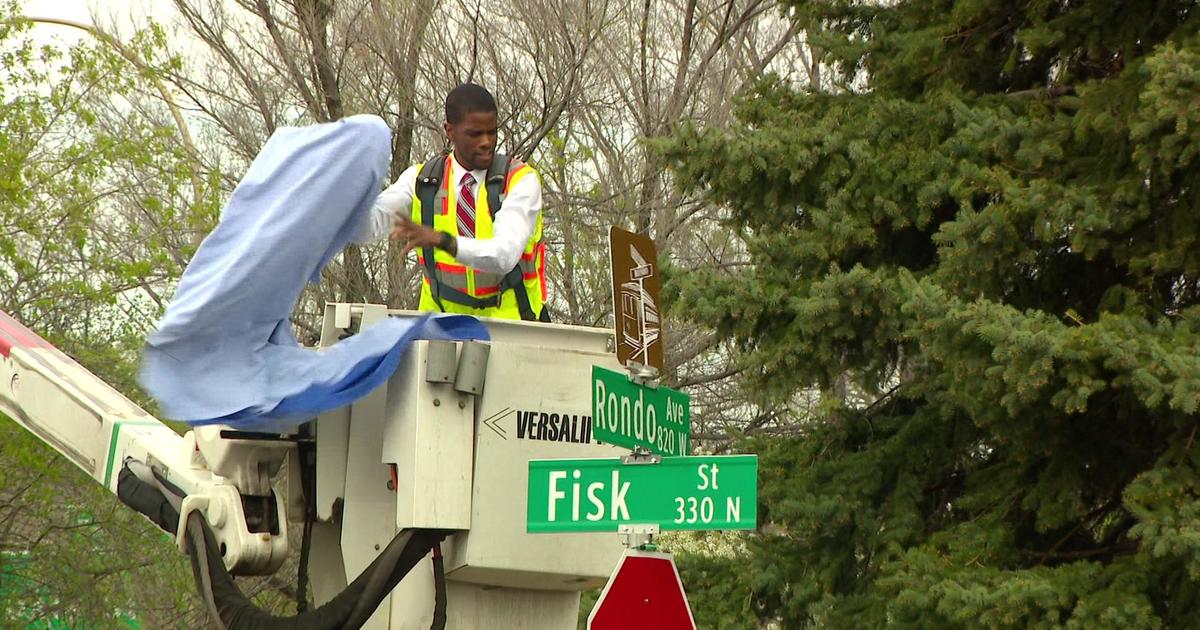67 Minnesota waterways, likely more, impacted by too much de-icing salt
WEST ST. PAUL, Minn. — In the Twin Cities metro, an estimated 365,000 tons of salt is applied to our roads each year. To put that in perspective, that's how much the Empire State Building in New York City weighs.
In fact, 67 waterways — from Lake Como to Minnehaha Creek — have made the list of Minnesota waterways damage by chloride.
Thompson Lake in West St. Paul has made the list for the past ten years.
Brook Asleson with the Minnesota Pollution Control Agency said 13 bodies of water have been added to the list since two years ago.
"This is a pretty big jump," said Asleson.
While the Minnesota Pollution Control Agency says that salt has impaired at least 67 waterways in our state, the actual number is believed to be higher, since only about 10% of bodies of water have been tested.
RELATED: Minneapolis neighborhood associations encourage residents to use less or no salt this winter
Waterways are considered impaired when one teaspoon of salt is found within five gallons of water.
The big culprit: De-icing salts.
"De-icing salts did come up as the number one source of chloride," said Asleson.
The problem is that chloride is toxic to fish, insects and plants. It kills the smallest insects and impacts fish reproduction and growth. Once the salt is there, it's too late, there's no way to remove it, either.
"While it's not a health risk or a hazard for us, most people don't want to drink salty tasting water," said Asleson.
MPCA is fighting back, by educating plow drivers and other winter maintenance professionals through their Smart Saltier certification program and by educating those at home.
"We recommend that you use about one mug of salt for about 10 sidewalk squares," said Asleson.
The key here is to only use what you need, with the hope of keeping our precious waters pristine.
"Reducing a little bit of salt can go a long way to protecting our water resources," said Asleson.
For a list of all impaired waterways, including those impacted by chloride, click here.



